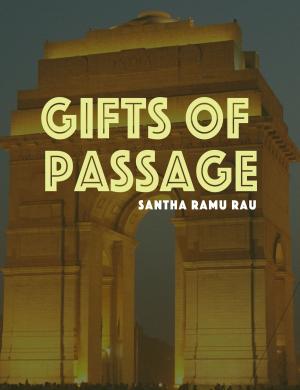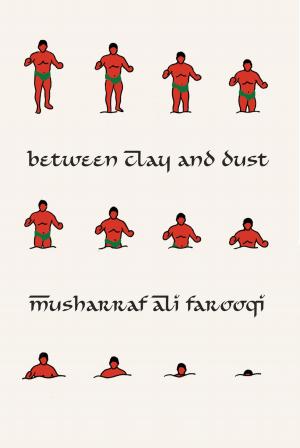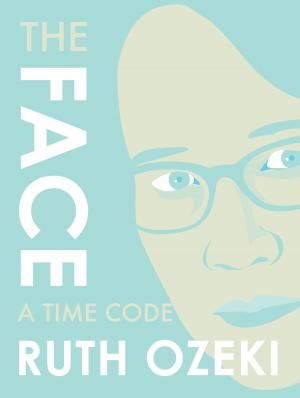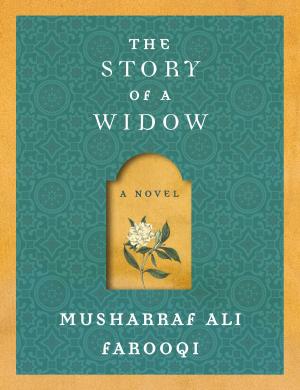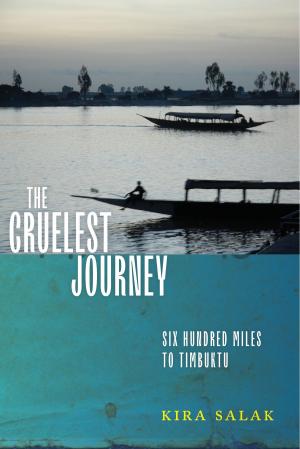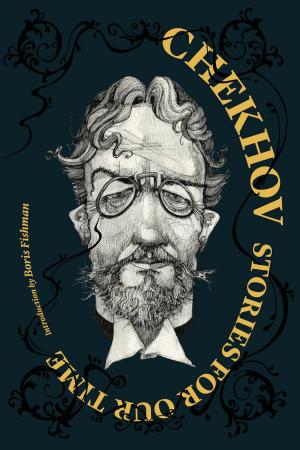The Israeli Republic: An Iranian Revolutionary’s Journey to the Jewish State
Nonfiction, Travel, Middle East, Israel, Adventure & Literary Travel| Author: | Jalal Al-e Ahmad, Samuel Thrope, Bernard Avishai, Simin Daneshvar | ISBN: | 9780989983259 |
| Publisher: | Restless Books | Publication: | January 31, 2017 |
| Imprint: | Language: | English |
| Author: | Jalal Al-e Ahmad, Samuel Thrope, Bernard Avishai, Simin Daneshvar |
| ISBN: | 9780989983259 |
| Publisher: | Restless Books |
| Publication: | January 31, 2017 |
| Imprint: | |
| Language: | English |
“[The Israeli Republic] suggests how the Iranian and Israeli leaders who feel such intense mutual hostility today actually mirror one another in certain ways, particularly in their foundational attitudes toward religious authority, political and economic populism, and the West. That a writer such as Al-e Ahmad, guru to the ayatollahs, liked Israel now seems touching. What he liked about Israel seems cautionary." —Bernard Avishai, Foreign Affairs
Written by a preeminent Iranian writer who helped lay the popular groundwork for the Iranian Revolution, The Israeli Republic should be required reading for anyone interested in the history and current political landscape of the Middle East. Documenting Jalal Al-e Ahmad’s two-week-long trip to Israel in February of 1963, his account “Journey to the Land of Israel” caused a firestorm when it was published in Iran, upsetting the very revolutionary clerics whose anti-Western sentiments Al-e Ahmad himself had fueled. Yet, in the thriving Jewish State, Jalal Al-e Ahmad saw a model for a possible future Iran.
Based on his controversial travelogue, supplemented with letters between the author and his wife, Simin Daneshvar (the first major Iranian woman novelist), and translated into English for the first time by Samuel Thrope, The Israeli Republic is a record of Al-e Ahmad’s idealism, insight, and ultimate disillusionment toward Israel. Vibrantly modern in its sensibility and fearlessly polemical, this book will change the way you think about the Middle East.
Jalal Al-e Ahmad was born to a clerical religious family in Tehran in 1923. A teacher all his life, Al-e Ahmad was an influential and prolific writer and social critic, whose body of work includes short stories, novels, travelogues, anthropological studies, essays, reviews, and translations. His best known work is Gharbzadegi (Occidentosis), which has also been translated into English as “Weststruckness” and “Westoxification,” a cultural critique of westernization in Iran. He died in 1969.
“[The Israeli Republic] suggests how the Iranian and Israeli leaders who feel such intense mutual hostility today actually mirror one another in certain ways, particularly in their foundational attitudes toward religious authority, political and economic populism, and the West. That a writer such as Al-e Ahmad, guru to the ayatollahs, liked Israel now seems touching. What he liked about Israel seems cautionary." —Bernard Avishai, Foreign Affairs
Written by a preeminent Iranian writer who helped lay the popular groundwork for the Iranian Revolution, The Israeli Republic should be required reading for anyone interested in the history and current political landscape of the Middle East. Documenting Jalal Al-e Ahmad’s two-week-long trip to Israel in February of 1963, his account “Journey to the Land of Israel” caused a firestorm when it was published in Iran, upsetting the very revolutionary clerics whose anti-Western sentiments Al-e Ahmad himself had fueled. Yet, in the thriving Jewish State, Jalal Al-e Ahmad saw a model for a possible future Iran.
Based on his controversial travelogue, supplemented with letters between the author and his wife, Simin Daneshvar (the first major Iranian woman novelist), and translated into English for the first time by Samuel Thrope, The Israeli Republic is a record of Al-e Ahmad’s idealism, insight, and ultimate disillusionment toward Israel. Vibrantly modern in its sensibility and fearlessly polemical, this book will change the way you think about the Middle East.
Jalal Al-e Ahmad was born to a clerical religious family in Tehran in 1923. A teacher all his life, Al-e Ahmad was an influential and prolific writer and social critic, whose body of work includes short stories, novels, travelogues, anthropological studies, essays, reviews, and translations. His best known work is Gharbzadegi (Occidentosis), which has also been translated into English as “Weststruckness” and “Westoxification,” a cultural critique of westernization in Iran. He died in 1969.


